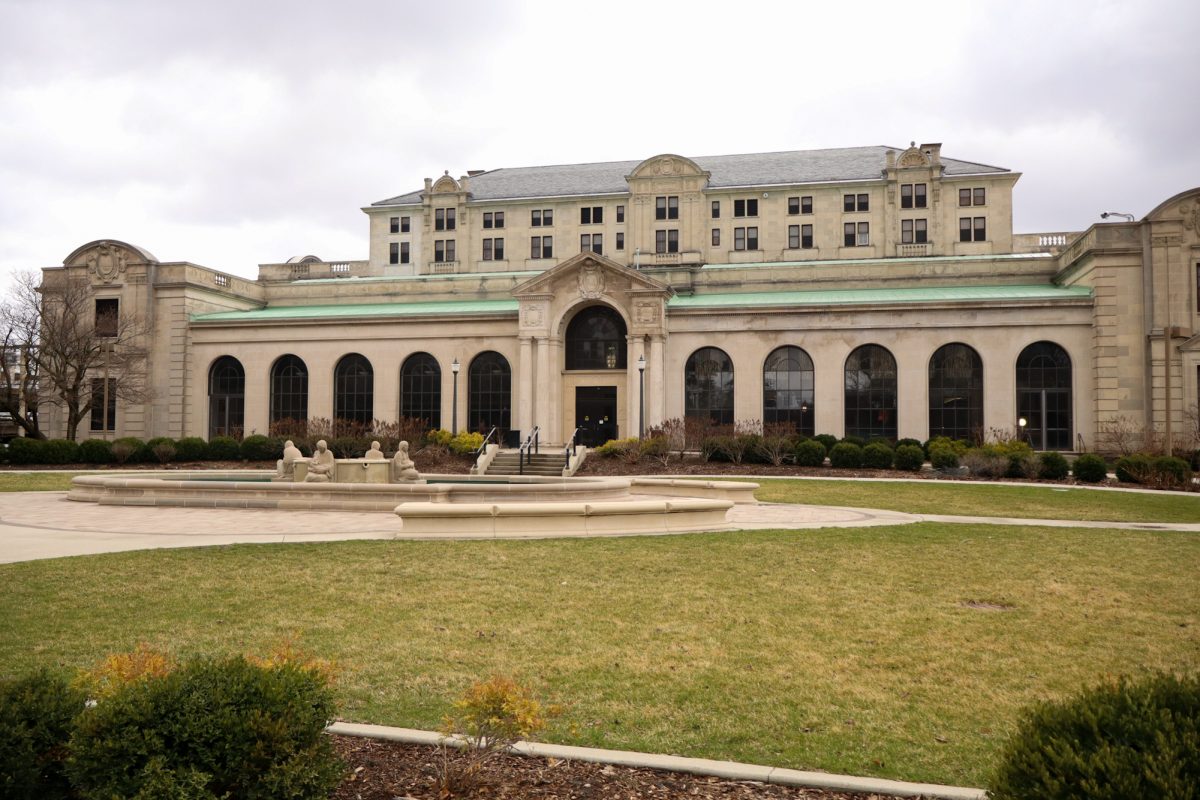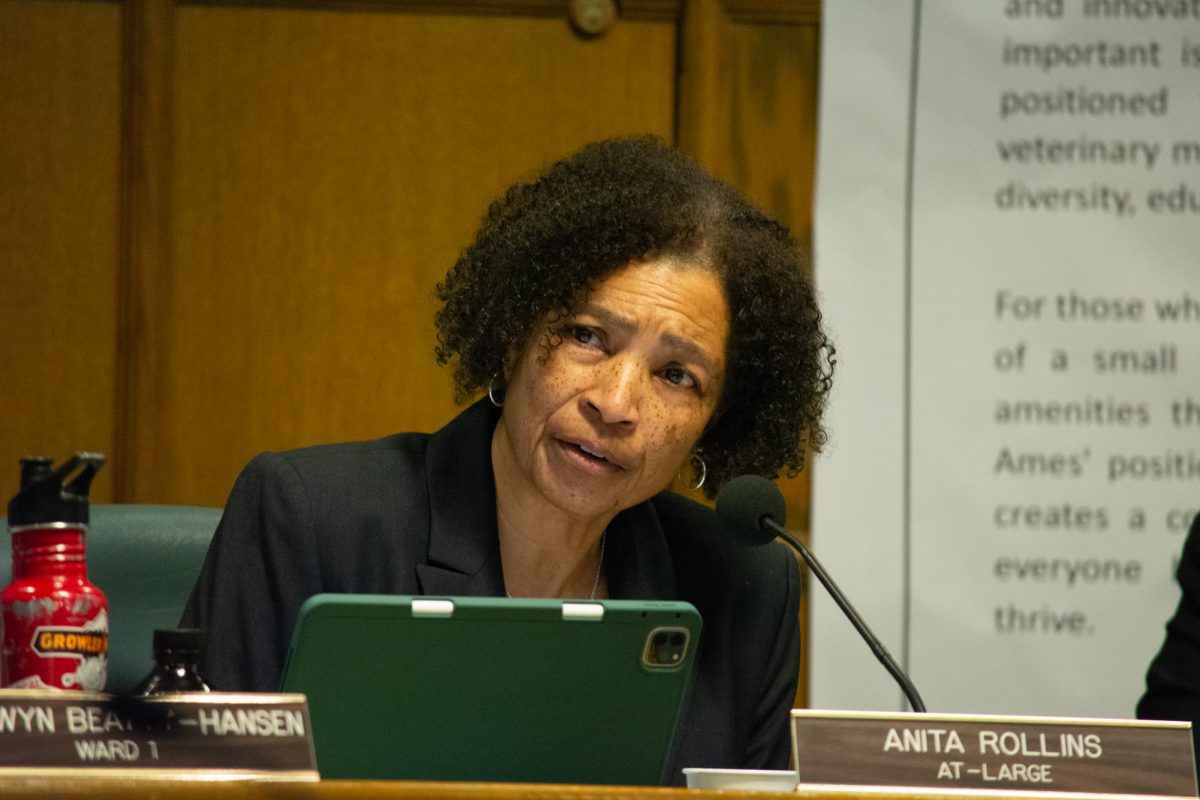Letter: Pros and cons of a constitutional amendment
Letter writer Emily Rizvic talks about the possibility of a new amendment for the Iowa State Student Government. She lists the pros and cons of the possible new amendment.
January 27, 2020
The Iowa State Student Government Supreme Court makes up the judicial branch and has jurisdiction over Election Commission violation hearings. The Supreme Court has not been active within the last three years. The Supreme Court does not meet current qualifications to hold quorum or court proceedings.
Summer 2019, a working group was formed to create a recommendation to the Senate regarding a constitutional amendment to the judicial branch. The recommendation had then been passed to the rules committee to draft a constitutional amendment to be heard. The Senate has decided to bring this constitutional amendment before the student body for a vote. The changes are reflected as the following:
If the amendment passes, the Election Commission is to be organized underneath the judicial branch. The Election Commissioner who oversees the elections will be appointed by the chief justice and confirmed by the Senate. If the amendment does not pass, the Election Commission will remain underneath the executive branch and will continue to be appointed by the president and confirmed by the Senate.
If the amendment passes, the Senate will hold the power to impeach the president, vice president and members of the judicial branch. The judicial branch will then decide the outcome, similar to the U.S House and Senate in impeachment trials. In the event of an impeachment trial on the chief justice, the Election Commissioner will chair said impeachment trial. If the amendment does not pass, the Senate will continue both impeach and remove.
If the amendment passes, the Supreme Court will hold the power to review all legislation passed under Student Government to ensure that it is constitutional and legal. In addition, the Supreme Court will be able to interpret the Constitution and bylaws. If the amendment does not pass, the Supreme Court will not have this power.
PROS
– Removes conflict of interest in the process of appointing the Election Commissioner
– Provides further oversight over Election Commission and Senate
– Distributes more duties to the judicial branch
– Student representation on the student conduct board
– If passed, because the Election Commission is so vital to the internal processes of the Student Government, the president may be more compelled to seat justices to the court to ensure that the Election Commission operates fully.
CONS
– If a president were to fail to seat justices and a chief of staff to the Supreme Court, this may potentially provide a risk to Election Commission membership and leadership and the check and balance system.







